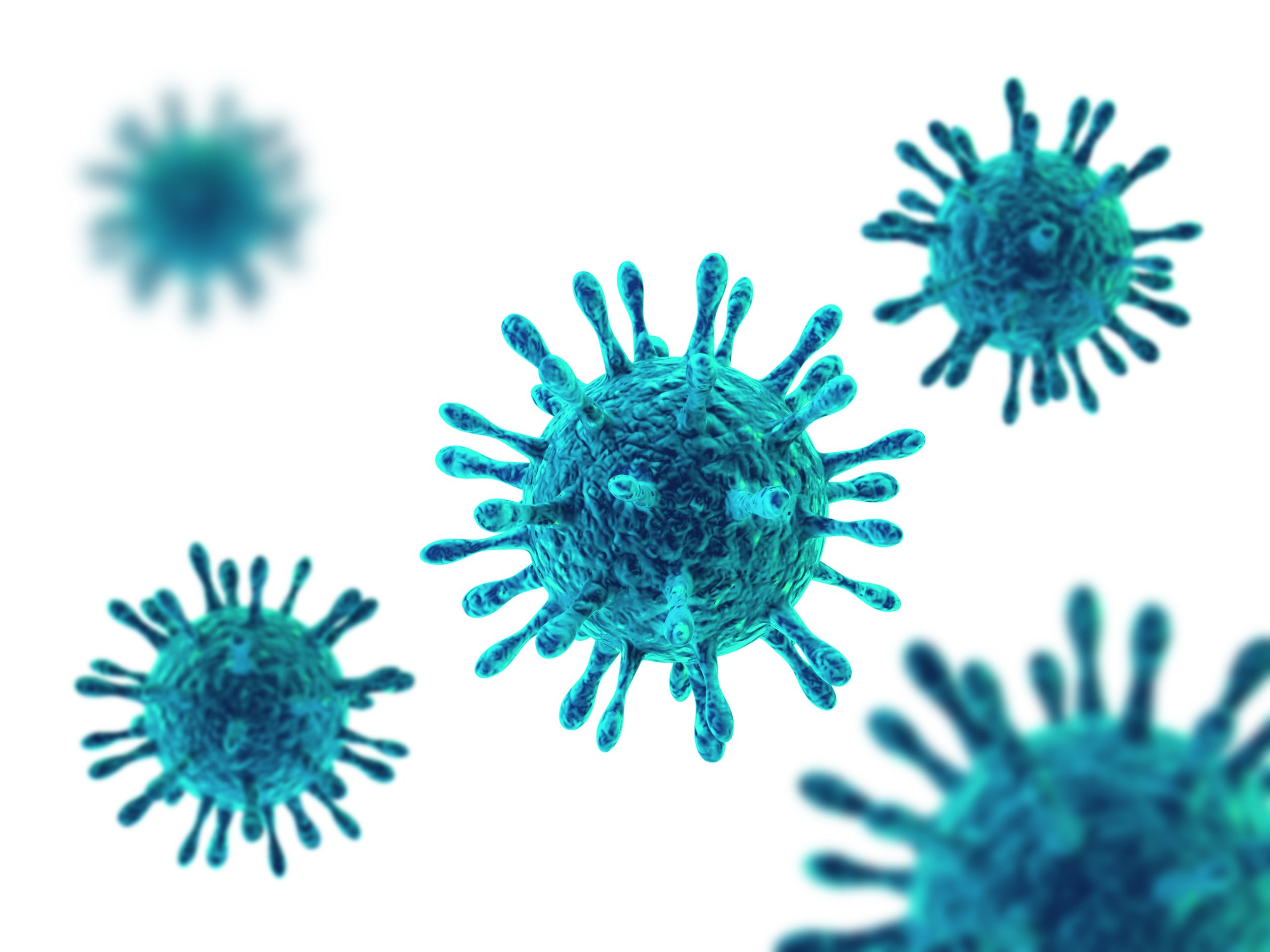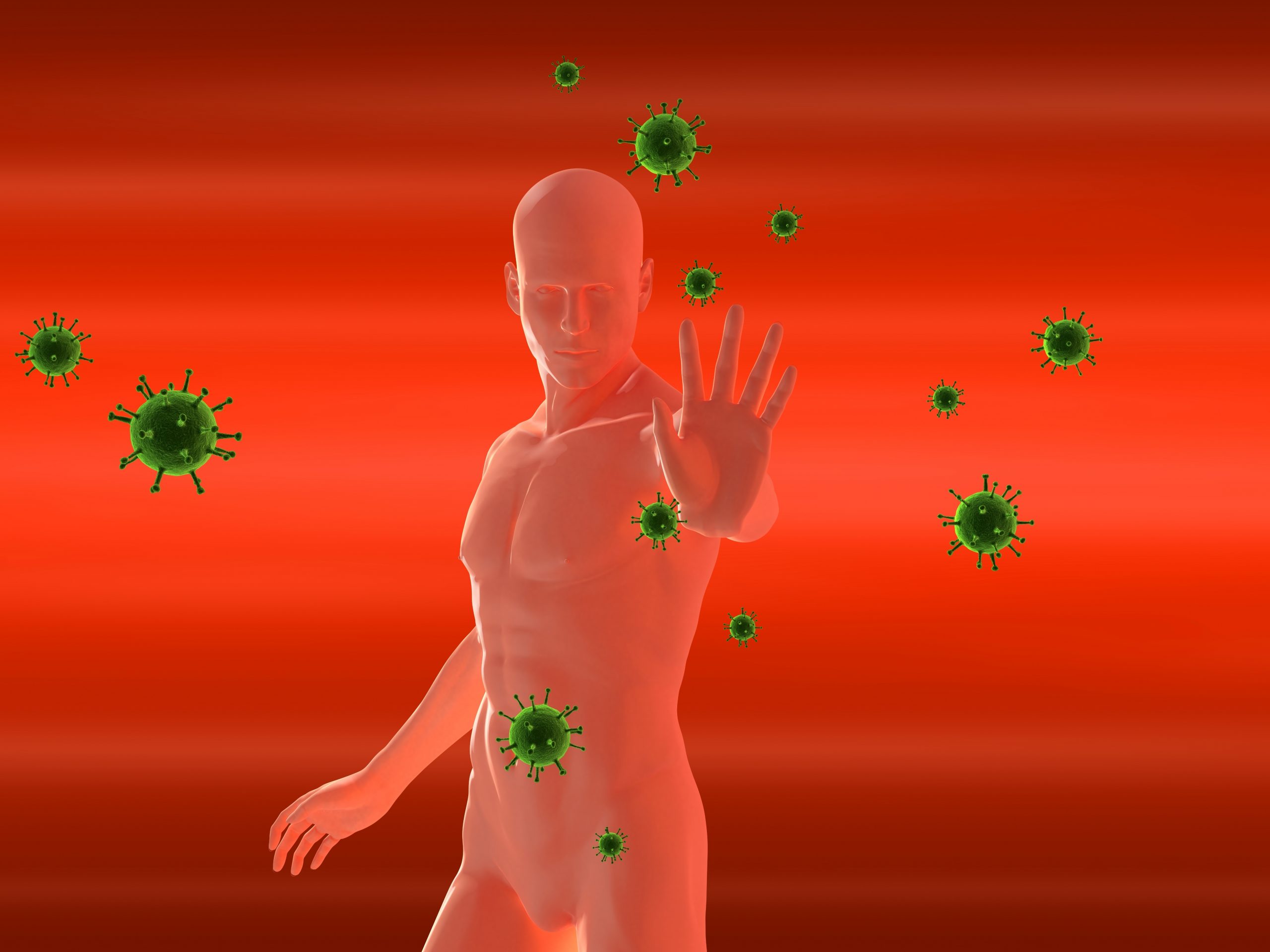Viruses, Nutritional Immuno-Modulators and Metabolic Types
The immune system is a complex network consisting of cells, tissues and organs and their coordination is required to protect the body from infectious pathogens or viruses and non- infectious foreign substances. It is essential for the immune system to be at its optimum for resistance to invading pathogens and for the development of immunity. Optimisation of the immune system depends upon many factors, not the least of which includes...
Magnesium – Mastering Minerals Series 1
Magnesium is the fourth most abundant mineral and is essential for good health. Approximately 600 enzymes depend upon its presence in our body in sufficient amounts.1 It affects many cellular functions including the transport of potassium and calcium ions. As well, magnesium modulates signal transduction, energy metabolism and cell proliferation. Magnesium has a huge role in bone mineralisation, cardiovascular health and the nervous and neuromuscular systems. It participates in the metabolism...
Immune System Patterns in Hair Tissue Mineral Analysis
InterClinical eNews March 2020 Special Edition The wonder of our immune systemOur immune system is miraculous and complex. Research into how it functions reveals a sophisticated security system that constantly scans the body to identify and remove any threat to our well being. Receptors associated with the immune system are concerned with interrogating the environment for evidence of danger, infection or abnormal cell death. They are also present inside the cell where...
Nutrients and Herbs Supporting Immune System Health Against Viruses
InterClinical eNews March 2020 Special Edition What is a virus? Viruses vary widely in shape and complexity. They do not contain the chemical machinery needed to carry out chemical reactions for life. Instead a virus carries only nucleic acid, with a set of genetic instructions, and a coat of protein to protect it. Enveloped viruses have an extra surrounding covering made of a lipid membrane. A virus must have a host...
Reclaim Your Vitality with Carotenoids
InterClinical eNews January 2020, Issue 100 There are at least 600 known natural carotenoids but only those possessing a 3-hydroxy-epsilon end group have vitamin A activity. Beta carotene is a part of that group. Beta-carotene is the precursor of vitamin A - an essential vitamin for retinal function and mucosal protection in the body. Beta carotene also provides significant antioxidant support to the skin and the eyes where it is able...
A Fresh Look at Vitamin E – What You Need to Know about Isomers and Synergists
InterClinical eNews November 2019, Issue 98 Vitamin E is an essential fat-soluble vitamin first discovered in 1922. It is an important antioxidant involved in cellular protection from free radical damage, immune regulation, endothelial cellular integrity, blood viscosity maintenance and wound healing. In this issue we take a look at the eight isoforms discovered so far, how vitamin E needs selenium and glutathione to provide antioxidant support, its gene interactions, its properties and...
Zinc Puts Out the Fire in Chronic Infections
InterClinical eNews January 2019, Issue 88 (Updated 2024) In this month's issue, we take a look at new research on the role of zinc in moderating the immune system's response to chronic infections. Australian researchers wanted to know what moderates the activity of pro-inflammatory interferon IFN-L3. To better understand the regulation of pro-inflammatory interferon IFN-L3 in acute and chronic disease, researchers at the University of Sydney and Westmead Hospital developed an in vivo / in vitro model to examine a range of potential inducers and inhibitors...




